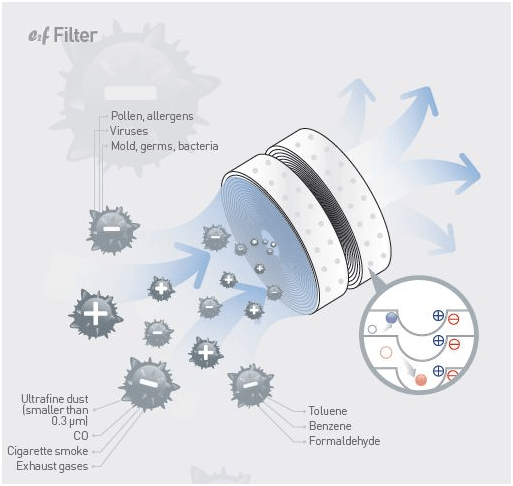How Weather Aspects Influence Heatpump Procedures And Practical Actions To Address These Obstacles
How Weather Aspects Influence Heatpump Procedures And Practical Actions To Address These Obstacles
Blog Article
Composed By-Horowitz Munkholm
When it comes to your heat pump, weather plays a vital role in its efficiency. From freezing temperatures to sweltering heat, each aspect can affect exactly how effectively your system operates. Yet what can you do to combat these weather-related obstacles and ensure your heat pump is operating at its ideal? Stay tuned to uncover sensible suggestions and techniques to maximize your heat pump's efficiency, regardless of the weather it faces.
Climate Factors Influencing Heatpump Performance
Weather factors have a significant influence on the efficiency of heat pumps. One crucial factor is temperature. Heat pumps function by transferring warm from outside to within during winter months and vice versa in summer. As temperature levels decrease, it comes to be harder for the heat pump to extract heat from the outside air, reducing its performance.
Another crucial element is moisture. High humidity levels can make it more challenging for the heatpump to release heat throughout the cooling procedure.
Additionally, wind speed contributes. Solid winds can dissipate the warm absorbed or launched by the heatpump, impacting its total efficiency.
Tips for Optimizing Heat Pump Efficiency
To enhance the effectiveness and longevity of your heatpump, executing a few crucial approaches can make a significant distinction in its efficiency.
To start with, ensure routine maintenance by cleansing or changing filters every 1-3 months to avoid air movement obstructions and optimize air movement. In addition, timetable yearly professional assessments to detect and address any kind of prospective problems at an early stage.
Optimum thermostat setups likewise play a critical duty. During https://docs.google.com/spreadsheets/d/1OF6iqsyIAkh2jXHF5MQcFBxUuLa7aTTJPBnZ4DhDyVo/edit?usp=drive_link , go for a temperature level setting that's as reduced as comfy, and throughout the summer, set it as high as comfortable to reduce the work on your heatpump. Making use of a programmable thermostat can aid you automatically change settings based upon your routine.
Furthermore, sealing leakages in ductwork and shielding ducts in unconditioned spaces can prevent power loss and enhance general system performance.
Last but not least, think about installing a wise thermostat that can learn your practices and adjust settings appropriately, more enhancing your heatpump's efficiency. By adhering to these tips, you can ensure your heatpump runs successfully and successfully throughout the year.
Best Practices for Weatherproofing Your Heat Pump
For ideal performance and performance of your heat pump, implementing weatherproofing steps is crucial. Begin by securing any voids or fractures around doors, windows, and ductwork to prevent warm loss and maintain a regular interior temperature.
Insulate exposed relevant site and air ducts to avoid cold throughout winter and make sure correct air movement. Take into consideration mounting a protective cover over the exterior unit to shield it from severe climate elements like snow, ice, and debris.
Frequently tidy the outside device to remove dust, leaves, and particles that can obstruct air flow and lower performance. In addition, maintain the location around the heatpump free from snow, ice, and plant life to permit proper air flow.
Final thought
Now that you comprehend how weather impacts your heat pump efficiency, you can take aggressive actions to optimize its performance. By adhering to the ideas detailed in this write-up, such as regular maintenance, thermostat changes, and weatherproofing measures, you can make sure that your heat pump operates at its finest despite the weather conditions. Stay successful and maintain your home comfy throughout the year.
